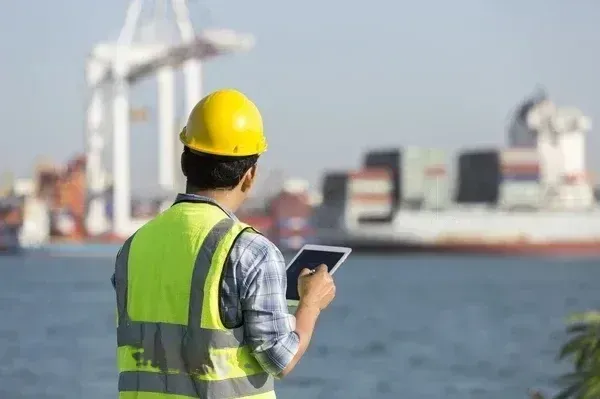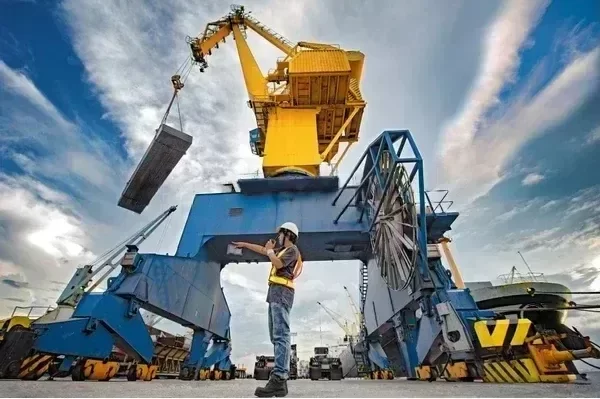ports
A port is a place where ships can dock and move people or cargo to and from land. It might include the entire harbor, which is a protected body of water that ships can access from the ocean or sea. Safe and inexpensive methods for importing raw materials and exporting finished goods are needed by industries. As a result, the majority of industries worldwide are situated in coastal belts near major ports. As points connecting various territories, ports are born out of and are a part of the large cities surrounding them. These cities serve as meeting places for the social and economic activities of those who live there.
Access to the sea, bays, lakes, lagoons, rivers, canals, and estuaries can naturally serve as harbors. Harbors can be built on inland water bodies. Natural harbors can be used to describe such ports. Idyllic ports are those that were built on top of natural harbors. A ship can sail from the ocean to an inland port to unload or load cargo. Seaports have been centers of commerce for centuries and they remain crucial to today’s economy. Hundreds of billions of dollars worth of products pass through ports every year. Ports generate substantial business activity through their operations, but those benefits are dwarfed by the massive importance of water transportation to other industries.



